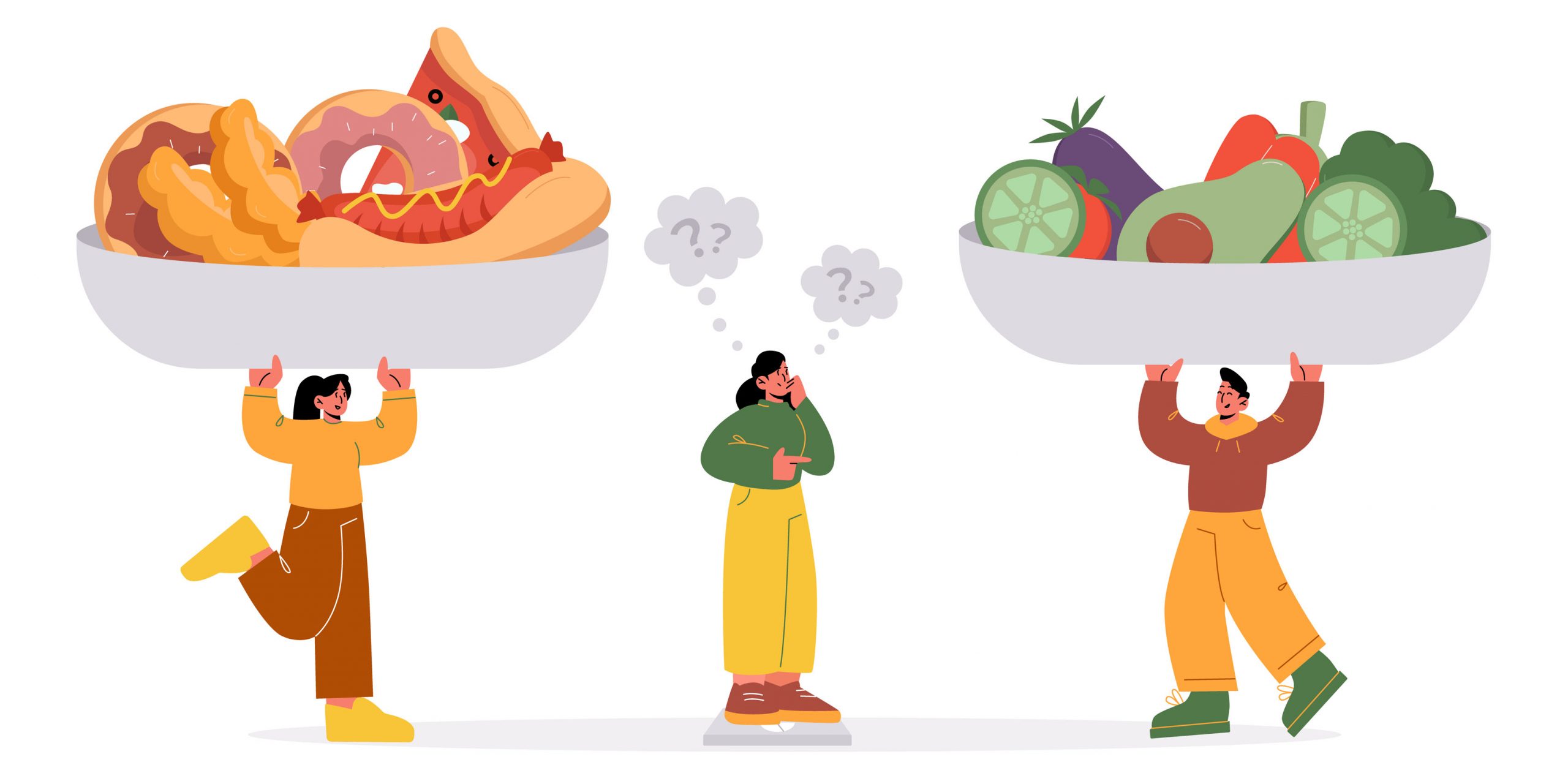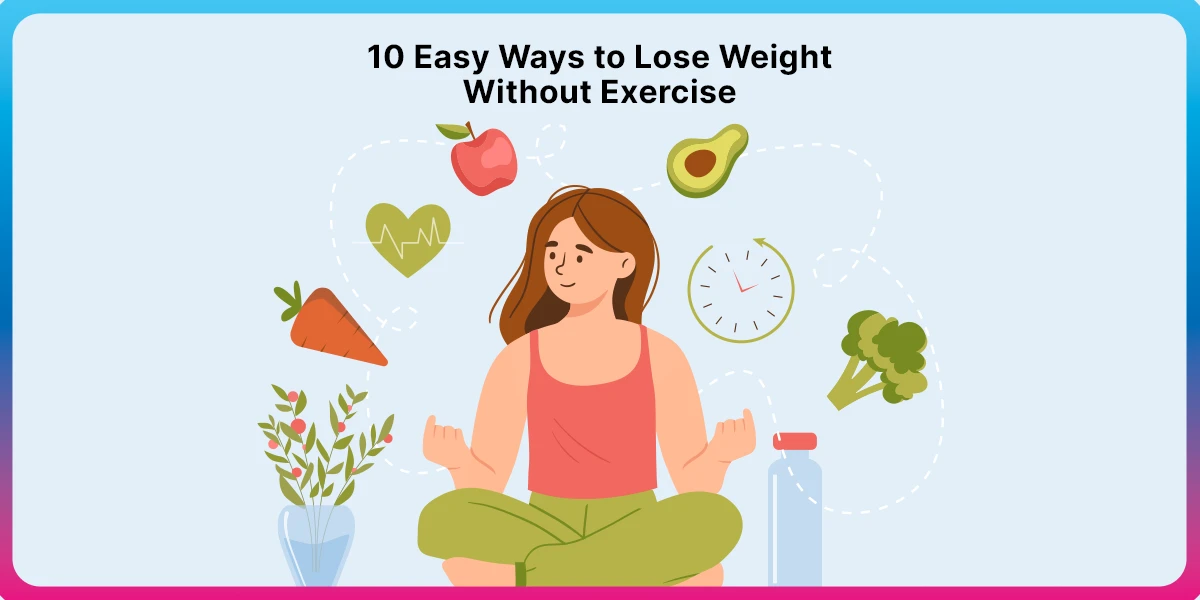Dinner at 7 PM Vs Dinner at 9 PM – How It Affects Your Weight, Moods & Sugar Levels

They say breakfast is the most important meal of the day but dinner is equally crucial.
Having a timely or an early dinner can help in a lot of ways – boost metabolism, improve digestion, lower blood pressure, burn calories, control blood sugar levels, induce sleep and do much more. This is why conventional wisdom stresses on early dinner for a healthy and longer life.
But how early is too early…… And how late is too late?
On average, in an Indian household, the preferred dinner time can stretch anywhere from 7 PM to 9 PM. Where 9 PM stands to be a late dinner time.
Of course, there might be people who would have dinner at 10 or 11 PM and hit the bed straight. But we are not talking about them right now.
Coming back to our point of having dinner at 7 or 9 PM, let’s delve deep to know what seems to be an ideal time for dinner.
What is the best time to eat dinner for people with diabetes?
“Having an early dinner is ideal as it helps our body to stay in sync with the circadian clock or our body clock. More than the time of dinner one should know that the gap between the last meal and sleep is crucial.
It is always better to maintain a gap of two to three hours between your dinner and bedtime. So, if you are having dinner at 7, you can go to sleep at 10 PM whereas having dinner at 9 will require you to hit the snooze button at 12, which is quite late,” says Ms Shilpa Joshi, Head – Metabolic Nutrition, Fitterfly Healthtech Pvt Ltd.
Do You Know What Happens To Your Body When You Have Late Dinners? Our expert coach Charmaine is here to guide you on what’s the right time to have dinner & why?
The body clock, metabolism and sleep
Now, the body clock or the circadian clock is our sleep-wake cycle that repeats every 24 hours. This rhythm or pattern helps the body and brain to be in sync with each other. .
The brain takes cue from the environment to help the body behave in a particular way at a particular time. The body and the brain work on cues of light (and dark).
To know your chances of Diabetes reversal, take the Diabetes Reversal TestDiabetes Reversal
Calculator
So, when there is light (sunlight), the brain gets cues to regulate body temperature, secrete certain hormones, boost metabolism and keep one alert and awake. On the other hand, when it is dark or night the body secretes melatonin (a hormone) that makes one sleepy and lethargic.
This makes it clear that our metabolism decreases as the day progresses and passes from day to night. So, our body burns maximum calories during the day and minimum at night.
According to a study published in the Endocrine Society’s Journal of Clinical Endocrinology & Metabolism, eating a late dinner is associated with weight gain and high blood sugar levels even if you try to consume fewer calories late in the night.
Late dinner also reduces the rate of fat metabolism and increases levels of triglycerides. This could be a contributing factor for obesity and weight gain, the study concluded.
Dinner time, blood sugar levels and diabetes
If you are living with diabetes, eating at a specific time and planning your nutrition is crucial. Late dinner induces nocturnal glucose intolerance, which means it increases blood sugar levels at night.
This happens more in people who don’t keep sufficient gaps between dinner and bedtime or who hit the bed right after dinner.
If you want to control your blood sugar levels, having an early dinner by 7 PM is better so you can sleep by 10 PM and wake up after a restful 8 to 10 hours of sleep.
Waking up early can help you achieve a lot during the day – take your SMBG reading on time, do some meditation, go for a walk, write your journal, plan your day and more.
Reduced HbA1c by HALF in 6 months

6.6%
Happy members
EMI
Guarantee
4.8/5
Diabetes Prime Program
While nocturnal glucose intolerance is worrisome, one can also fear nocturnal hypoglycemia (low blood sugars at night). “Nocturnal hypoglycemia or low blood sugar below 70 mg/dL is a concern for people who are on insulin, those with type 1 diabetes and uncontrolled type 2 diabetes.
Usually people who take insulin are prescribed lesser doses at night to avoid nocturnal hypoglycemia. This kind of hypoglycemia is not related to one’s meal time, but that’s not to say you should not have an early dinner.
One should always have meals early, maintain a gap of two to three hours between dinner and bedtime, take a walk after dinner, as all this will help to metabolise sugar and maintain the levels,” says Ms Joshi.
The Meal Gap: Between dinner and breakfast
When you fall asleep after your dinner your body goes into a fasting mode. During this phase a lot of physiological functions take place. Ideally, a sleep cycle of 8 to 10 hours restricts calorie intake, improves metabolism (though slow) and cardiovascular health.
Some studies also indicate that an extended period of calorie restriction at night can improve gut health, reduce inflammation and reverse obesity and diabetes.
However, when you wake up in the morning your body would be in need of energy or glucose. It is advisable to have your breakfast within two hours of waking up to help your body get the calories for maximum energy and rev up your metabolism.
Synchronizing your sleep-wake cycles and meal schedules
It is necessary to sync your meals and sleep-wake schedules to help your body rest, recover and burn calories effectively. While eating an early dinner is the thumb rule to begin with, here are a few more things that you can do
1. Be consistent with your meal times
Whether you choose to have your dinner at 7, 8, or 9 PM, have a fixed time and maintain a gap of two to three hours before hitting the bed. Eating a late dinner, having less gap between your last meal and bedtime can compromise your metabolism.
On the other hand, being consistent with the eating and fasting cycle and being in sync with your circadian rhythm optimises metabolism.
2. Give your body some much-needed TLC
Help your body heal, rest and recuperate after meals. Try not to eat anything at least two hours before bed time.
3. Maintain a 10-12 hour window period of fasting between two big meals
If you are working night shifts and cannot maintain the ideal dinner time between 7 to 9 PM try maintaining a gap of 10-12 hours between your dinner and breakfast.
Try having more fibre and protein rich foods during the day to avoid sugar cravings which could set in when the body feels lethargic after a grueling night shift.
4. Try to maintain a good sleep hygiene and routine
If you are having an early dinner, try to maintain a sleep routine and good sleep hygiene. Hit the snooze button two to three hours after having dinner.
Staying awake late at night can lead to binge eating which translates into excess calories and fat. Many factors contribute to our sleep quality—like stress, exercise, work schedules, caretaking commitments, and screen time to name just a few—if you have trouble sleeping and tend to have erratic (or late-night) mealtimes, it’s certainly worth evaluating.
We know it isn’t easy to sync your meals and sleep schedules if you have been leading an unhealthy lifestyle till date. But it is worth a try.
If you find it difficult to make your dinner time consistent, work a backward plan. For example, if you have to wake up at 6 AM, go to sleep at 10 PM for an eight-hour shuteye, try not to eat anything at least three hours prior to 10 and finish your meal accordingly.
Treading the healthy path with certain behavioral changes might seem difficult at the beginning but you will get used to it gradually.
If you need help to control blood sugars with proper nutrition, correct your sleep schedules and have a proper exercise plan in place our coaches at Fitterfly can be of immense help.
Fitterfly weightloss program is a unique digital therapeutics program that helps to lower your blood sugar levels, induce behavior changes to better your lifestyle and reduce complications of type 2 diabetes with personalized nutrition, fitness regimen and emotional support.
To learn more, simply give us a missed call at 08069450746, and we will reach out to you.


 080694 50746
080694 50746 References
References










